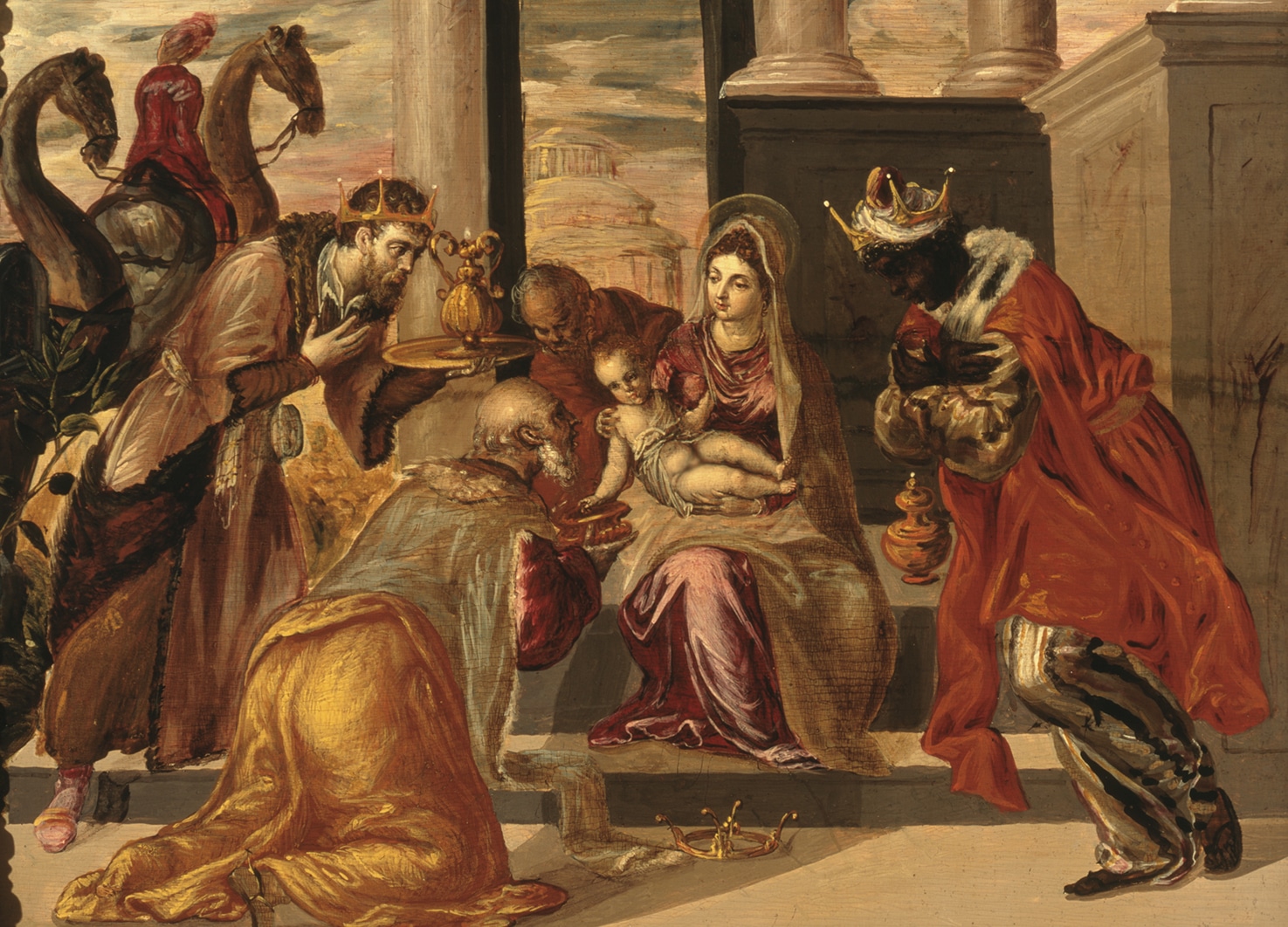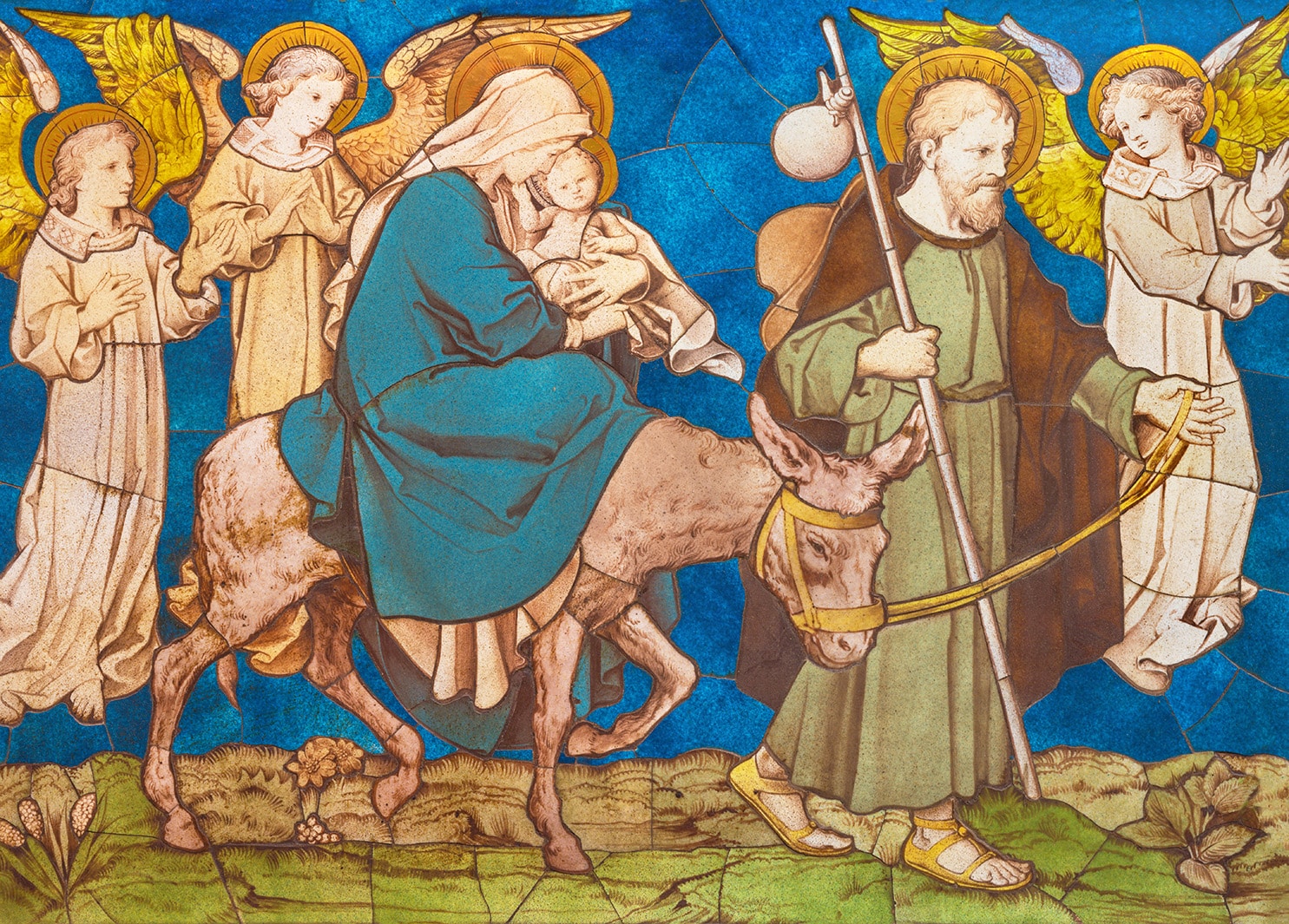This is the time of year when people are busy compiling “best of lists” for 2023 and predictions for 2024. Depending on the event or person that is commemorated, the former may be cast as celebrations of great achievement, wistful reminiscence or bitter good riddance. The latter may be hopeful aspirations, objective forecasts or grim portents.
Sometimes these catalogs of memories and predictions are just in good fun — entertaining reading, but nothing more. But even when that is the case, the acts of remembering and predicting are implicitly rooted in the meaning and effects of time, duration and change on our moral development. In turn, the meanings of those events and predictions are respectively unique to every person who encounters them. These unique experiences teach us something important about character, circumstance, and the relation between them.
Experience is subjective
Because it is perceived by individual human beings, every event, no matter how precisely it can be measured, has a highly subjective element. And this element is actually the more important one for a consideration of the development of moral agency. Regardless of how staunchly we hold to the reality of the objective world existing outside the human person — as Christians most certainly do — the real experience of that world is conditioned by the subjective circumstance of every person who encounters it. And that circumstance is, in turn, conditioned by our character. The question for our moral lives is not whether that is the case (we would have to assume it to deny it), but rather how we should understand the relationship of circumstance to character.
Of course, we can rightly say past events “objectively” occurred. Taylor Swift completed an elaborately lucrative concert tour. Christopher Nolan released a highly successful film about Robert Oppenheimer. The Texas Rangers won the World Series. The Rolling Stones dropped a sparkling new album, “Hackney Diamonds.” This candidate won that election. The Dow Jones Industrial Average reached an all-time high; unemployment a five-year low.
But for the purposes of the human experience of these events, the more important consideration is not that they happened, but rather how they are incorporated into the lives of those who experience them, even if the experience is nothing more than observation. If we think of it this way, we can see that no one event is really the same for any two or more persons. The character of the person participating, observing, suffering or rejoicing about some past occurrence (or hoping for some future one) actually changes the circumstance of that event or aspiration. Thus, the development of a virtuous character — a good moral agent — is essential to how we understand the world.
But aren’t circumstances objective?
In his classic 1983 book, “The Peaceable Kingdom,” theologian Stanley Hauerwas suggests, “Character determines circumstance, even when the circumstance may be forced upon us, by our very ability to interpret our actions in a story that accounts for our moral activity.” When I have taught this book to my seminary students, the initial reaction is often that this cannot be correct. Circumstance is the objective reality that one encounters, the thinking goes, and one’s subjective character cannot change it.
Part of this resistance is rooted in my students’ understanding of circumstance as one of the three sources of a moral action. In Catholic moral theology, the sources of a moral action are the object chosen, the intention of the moral agent, and the circumstance in which the moral agent chooses the object. Some objects can never be ordered toward the good, regardless of the intention of the person or the circumstance under which the object is chosen. Artificial contraception, sex outside of marriage, abortion and euthanasia are common examples. Neither the intention nor the circumstance can turn the choice of objectively evil object into a good moral action.
Circumstances are what we make of events
So, if circumstance cannot turn an evil object into a good action, my students rightly insist, neither can one’s character change a bad objective circumstance into a good one. My students are correct about this. But its contrary is not what Hauerwas is suggesting. The key is his strategically equivocal use of the term “circumstance” in the comma clause of the sentence I quoted, “even when the circumstance may be forced upon us.” This shows us that his observation is not contrary to the Catholic understanding, but rather is taking us deeper into a reflection of its meaning.
Hauerwas is suggesting that “circumstance” is not simply the raw data that is the object of sense perception, “the circumstance [that] may be forced upon us.” Rather, circumstance is what we make of that raw data as we interact with it, according to the contemporary state of our moral character. What we make of the circumstance is going to be highly conditioned by the character that we bring to it — by our ethical formation, our relative virtue, our moral integrity. Thus, we could paraphrase Hauerwas as, “Character determines the meaning of circumstance, based upon our relative moral preparation to encounter it and incorporate it into our moral lives.”
Our moral character determines our experience
The circumstance of some historical (or future) event, in other words, is going to be highly conditioned by my moral character as I remember, experience, or anticipate it. An unplanned pregnancy, a tragic accident, a surprise layoff, a financial hardship — all of these are objectively measurable events. But their “circumstance” is going to vary widely by the moral character of the person who encounters them. Understood this way, the circumstance of an event can change according to our moral development, even though the objective event does not. This is important not just in the way we experience present events, but also in the way we remember the past and anticipate the future.
Our challenge as Christian disciples who are also moral agents is to develop characters that incorporate those “objective” events into salutary circumstances. The measurement of our relative ability to do so might also be the measure of our need to grow both as disciples and moral agents. The turn of the year — in which past, present, and future coalesce in our consciousness — is perhaps the best time to consider this challenge.







